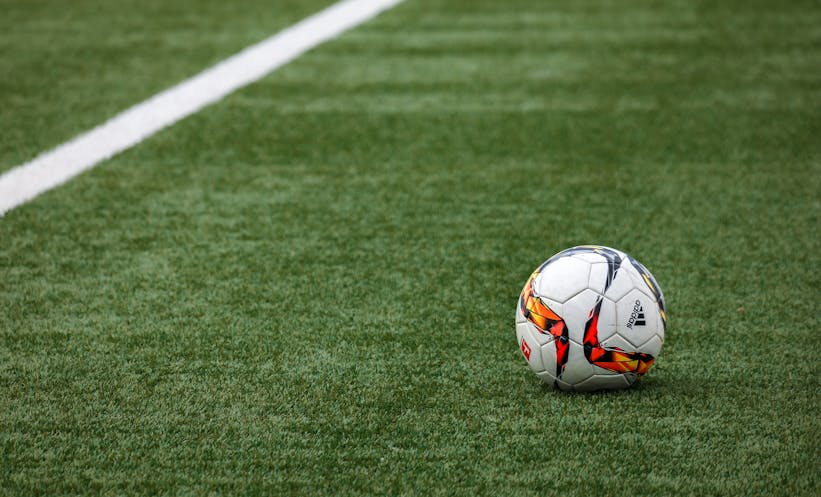A STUDY presented at the Radiological Society of North America (RSNA) meeting suggests that heading a soccer ball may cause significant brain damage, even in the absence of diagnosed concussions. The research highlighted concerning links between repetitive head impacts and structural brain changes.
Using advanced diffusion MRI techniques, the team examined the brains of 352 amateur soccer players aged 18 to 53. They compared the results to scans from 77 non-contact sport athletes, such as runners, to explore the potential effects of heading on brain structure. The imaging revealed damage in the juxtacortical white matter of the brain, specifically in the sulci (grooved areas near the brain’s surface associated with chronic traumatic encephalopathy (CTE)).
“The potential effects of repeated head impacts in sport are much more extensive than previously known,” reported the research team. “This raises concern for delayed adverse effects of head impacts.”
Key findings include abnormal white matter in soccer players who headed the ball frequently, particularly in the frontal lobe, a region vulnerable to trauma. These abnormalities were linked to poorer verbal learning abilities, even among players who had never experienced a concussion or traumatic brain injury. “Our analysis showed that these abnormalities are a mechanism by which heading leads to worse cognitive performance,” Lipton explained.
The study used 3-tesla diffusion MRI, employing diffusion tensor imaging (DTI) and neurite orientation dispersion and density imaging (NODDI) to measure brain microstructures. The results suggest that repetitive, sub-concussive impacts from heading could lead to long-term cognitive decline.
The research underscores the need for greater awareness of the risks associated with repetitive head impacts in sports. “Identifying these abnormalities in healthy athletes indicates the possibility of future functional impairments,” the authors noted, urging further investigation into protective strategies for players.
This study has added to growing concerns about brain injuries in sports, calling for re-evaluation of safety measures, particularly in football and other contact sports.








